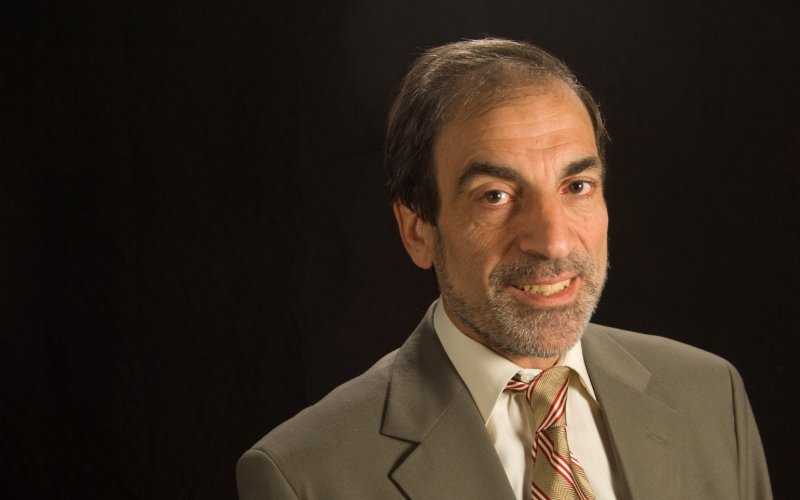UAlbany Professor Authors Definitive Book on Private Higher Education Around the World

By Bethany Bump
ALBANY, N.Y. (Oct. 31, 2024) — Daniel Levy has been interested in the world of higher education since the 1970s, when he began researching relations between government and public universities in Latin America while completing his doctoral studies in political science.
Unlike in the United States, where private universities have a long and robust history, higher education in Latin America and many other parts of the world at the time was often associated with a well-established public university system. But Levy soon became intrigued by the seemingly mysterious nature of the private sector in those regions.
“I realized the private universities were often quite different and very little was known about them,” he said. “Some were religious, some weren’t. And private higher education was growing rapidly around the world, so an obvious question for a social scientist was why?”
Levy, a SUNY Distinguished Professor who joined UAlbany’s faculty in the Department of Educational Policy and Leadership in 1981, would go on to study the “largely ignored or misunderstood” sector on and off for the next four decades, publishing numerous studies, articles and books, and receiving long-term and lifetime awards for his findings. This year, he completed his final book on the topic, A World of Private Higher Education, published by Oxford University Press and released in the U.S. this fall.
The book serves as a definitive account on the private higher education sector, which accounts for one-third of the world’s 200 million higher education enrollments. Drawing on the pioneering dataset of Levy’s Program for Research on Private Higher Education — a global scholarly network he founded in 2000 that collects and analyzes data from around the world — the book explores how, where and why private higher education is concentrated around the globe.
Historically, private higher education was often viewed as a U.S. phenomenon while an overwhelmingly strong public option was the tradition in most of the globe. This has changed over the decades. Whereas the U.S. private share of its own total enrollments has fallen from a half to a quarter, the global share has leaped to a third, Levy said.
“So this is paradoxical,” he said. “The U.S., which is the historic home and the greatest establishment in the highest heights of private higher education, now has a lower private to total enrollment ratio than the world overall does. Rather than the U.S., it is the developing world where private enrollments now concentrate, especially in Latin America and, above all, Asia.”
Levy’s book also explores how the sector has become significantly and increasingly diverse, and analyzes trends such as the decades-long decline and recent revival of religious institutions, as well as the partial privatization and growing business influence across both the public and private sectors.
In the U.S. and Europe, religion declined greatly as a factor in private higher education in recent decades, just as it declined in society, Levy said. But growing religious fervor in recent years has led to a revival in enrollments, as well as shifts in the types of religious higher education institutions.
“In Latin America, where religious used to mean Catholic, now it can easily mean Protestant Evangelical. And in Africa, it could mean Christian Evangelical or it could mean Islamic,” he said. “All these examples underscore that private higher education does not occur in isolation from broad social, political and economic contexts.”
Likewise, as more countries have developed significant business sectors, both the public and private higher education sectors have been penetrated by for-profit actors and activities. Large business conglomerates and chains, such as Laureate Education, have bought up institutions of higher education, and even public institutions are increasingly likely to promote their partnerships with private enterprise and research in business terms, Levy said.
“Even at public universities, the pitch has become increasingly “practical” and business-oriented — we do things that work, that get you jobs, that get you good income,” he said. “Our research, which we have traditionally honored for expanding knowledge, we now more and more justify in business terms — how we serve business and how happy we make business leaders.”
These shifts have been occurring in degrees as institutions fight for survival and react to cultural, social and economic trends, he said.
Levy’s long career in the field has made him a frequent consultant for those looking to understand higher education trends. In November, Levy will travel to Germany for a speaking tour where he will attempt to help officials and varied stakeholders understand why their private higher education sector is suddenly booming in a nation with an iconic and free public higher education tradition.
“There's tremendous interest in trying to understand this surge,” he said. “And for a scholar, that's a great environment to be in, where the thirst is for understanding and then maybe you can even influence perspectives and decisions.”





